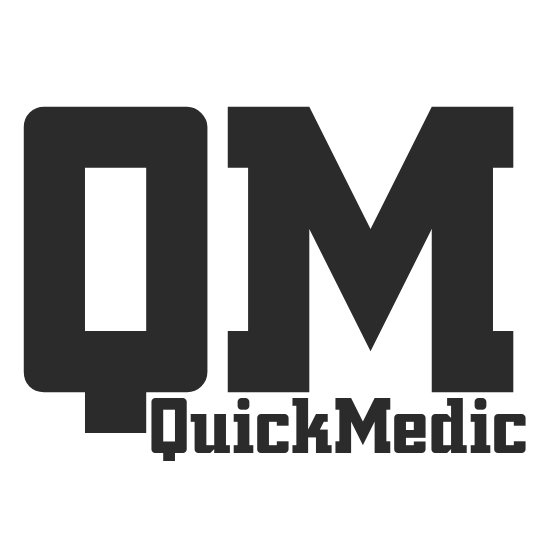|
PPT is an enormous topic. Every condition has a list of drugs that can be associated it. You will be expected to know the common drugs from your QUB formulary and common interactions, side effects, indications and classes they belong to.
I am happy to have sessions on PPT and discuss major drug classes. It is good to ask yourself about any drug: 1. What conditions is this drug used in? There may be more than one condition 2. Are there any main side effects this drug causes? (Neurological, CVS, respiratory, gastro, urinary, joints/muscles, skin/eyes.) 3. Are there any serious side effects this drug causes? (eg: Digitalis toxicity/ opiate respiratory depression/ACEI and renal artery stenosis) 4. Is this drug potentially toxic - and if so, when? (eg: Paracetamol OD - you should also know where the relevant algorithm is for treatment in the BNF) 5. Will this drug interact with anything the patient is also prescribed? (eg: Lansoprazole v Clopidogrel, Warfarin and enzyme enducers) 6. Is this drug safe to give in specific patient groups? (eg: Pregnant women (teratogens), elderly (benzo's/sleeping tablets/antipsychotics), children (codeine, paracetamol doses etc) Drug mistakes cost lives and can lead to significant morbidity - it is useful to have a fairly broad pharmacy knowledge that can then be improved upon once qualified. Common drugs are common, so expect to be asked about them! Antibiotic knowledge is essential and can be gathered from a standard NHS Trust microbiology protocol - and even downloaded as an iPhone/Android App. If you could PLEASE POST BELOW any significant problems you have with particular drugs on your formulary, I will try to focus on these.
0 Comments
Leave a Reply. |
USE OF THIS WEBSITE IS SUBJECT TO AGREEING TO THIS DISCLAIMER
|

Free to access Propofology Infograms, eBooks and selected YouTube videos by Dr. David Lyness are licensed under a Creative Commons Attribution-NonCommercial-NoDerivatives 4.0 International License.
Please attribute all works: 'Based on a work by Dr. David Lyness' at www.propofology.com/resources.
|
Home
About Contact |
ALL SITE USERS SHOULD READ AND AGREE TO THE DISCLAIMER HERE.
Contact via Twitter |

 RSS Feed
RSS Feed